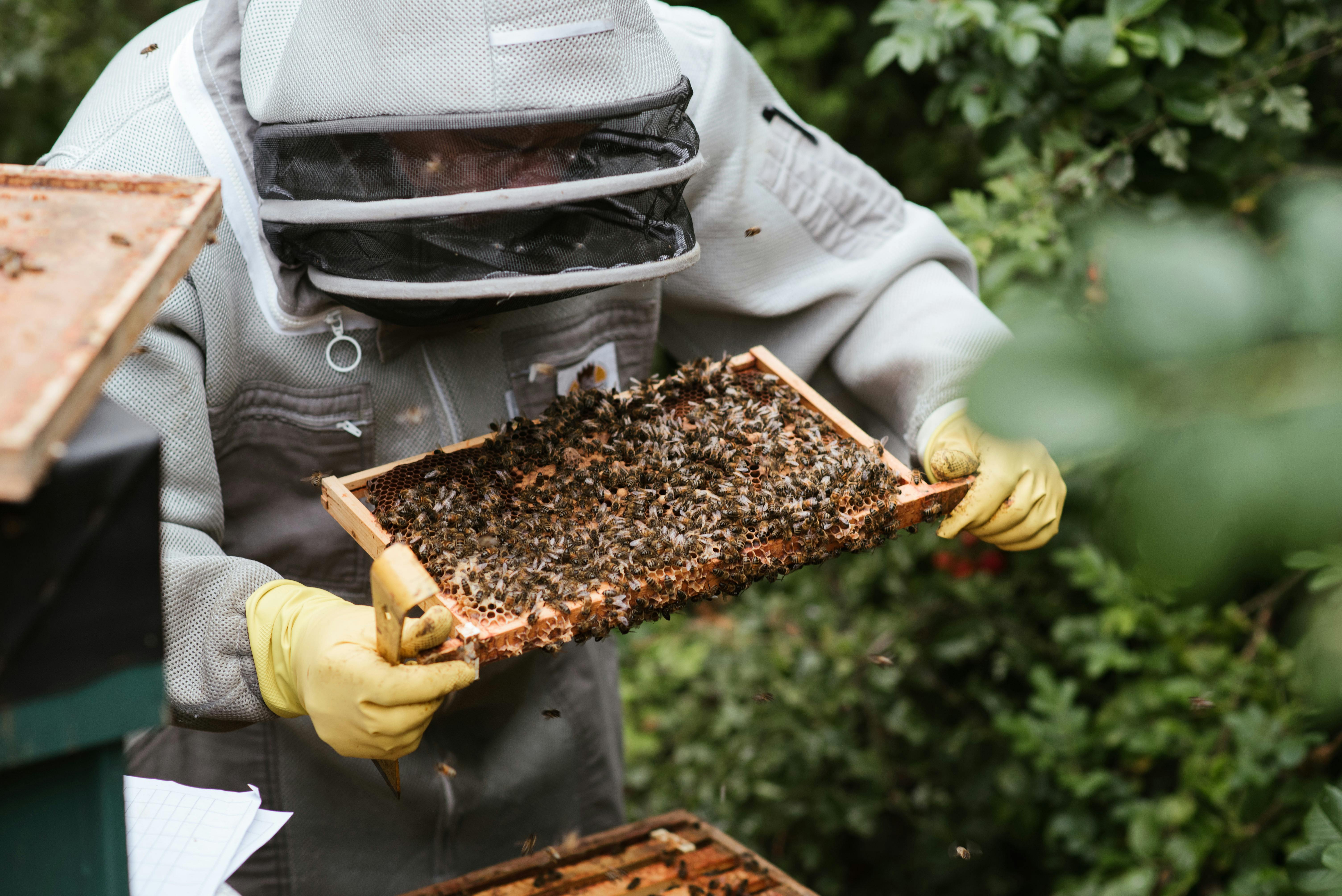
How to turn your liquor store into a thriving business
In my extensive experience helping people buy all types of businesses, I have repeatedly noticed something thought-provoking about people who sell liquor stores. Almost everyone suffers from severe exhaustion!
If you go through several liquor stores that are for sale, you will find out what I mean. The places are usually dirty and there are bottles on the shelves that could have been there for years. Lighting needs updating, walls need painting, and crates of old stuff are piling up in warehouses. I’ve even seen injection molded plastic posters on the walls of beer brands that are no longer available.
Sounds sad right? Well, not really, because all of those factors can spell an opportunity just for you, a smart shopper.
Here are the steps to turn that underperforming liquor store into a money maker!
Step one: make sure you buy the right store!
First things first … You have to buy a store with untapped demographic potential. It could be an older “family run” liquor store in a neighborhood that has recently been transformed by the influx of younger, more affluent professional consumers. It could be in a part of the city where new office complexes are planned. Whatever it is, it must have growth potential.
Avoid buying a liquor store in a declining area. Sometimes these stores can generate positive cash flow by selling half pints of liquor and bottles of cheap wine in jars, but let’s face it; a store in an improving district will always give you more opportunities for expansion and greater profitability.
Step Two: Serve a more exclusive clientele!
If you are in a region that attracts an increasing number of professionals, start creating a unique inventory that attracts these customers. Don’t wait for people to order more exclusive wines, get those products on your shelves in anticipation of popular demand.
Then we come to the topic of customer service. If you want to capture a unique group of customers, you will need to be able to answer questions about various wines, which wines are highly rated, or which pair best with a particular type of food.
One way to provide this service is to hire expert salespeople. Another way is to hire enthusiastic people and train them, or perhaps become a wine expert yourself. Your choice of strategy depends on your budget, your sales, and the size of your establishment.
Step Three: Make Your Luxury Store Look Perfect, From Day One.
If your store needs a makeover or renovation before it can attract your new customers, be sure to budget for this and always reserve a realistic amount of money for repairs. Come up with a reality-based figure for how much everything will cost and make that part of your calculations while negotiating with the seller for the most realistic purchase price. Remember, you can’t get the business of high-end clientele by applying a new coat of paint to dirty old shelves. Look at windows, lighting, floor areas, wall coverings, and more. Even your cash registers should be up to date and spotless.
Step four: expand your product offering beyond alcoholic beverages.
Over the past decade, luxury liquor stores have begun offering gourmet cheeses and other food products. It makes sense to expand in this way. If people are looking for a good bottle of wine or a great beer to complement a good meal, why not offer them cheese, olives, crackers and other fancy snacks? Remember to check local ordinances and zoning to make sure you can sell food at your location.
Step Five: Hold in-store events to attract more of your target customers.
Hold wine tastings, cooking classes, and cheese seminars at your store. If an author has recently published a book on wine or cheese, have a book signing at your facility.
Events do more than sell products. They give your store the feel of a community and a destination.
Step Six: Build an Internet Presence.
Establish a store website where you recommend wine, spirits, and beer. On your website, be sure to include a registration form where customers can sign up for a professional email newsletter, distributing detailed information about your products.
Also, in your newsletter, add coupons for rebates on wine, beer, and a variety of other products, and make an effort to be creative in discovering new ways to make it as simple as possible for your customers to refer you to new subscribers.
Always provide your website visitors the ability to order products directly from your site. You can offer local delivery if you have a vehicle or low cost shipping to a wider area. However, keep in mind that you may be prohibited by law from shipping alcoholic beverages to other states, and be sure to verify this before purchasing from your store, so you can get a realistic idea of the company’s true overall profit potential.